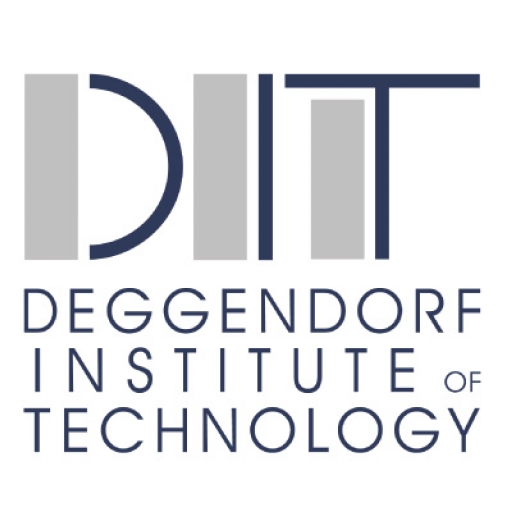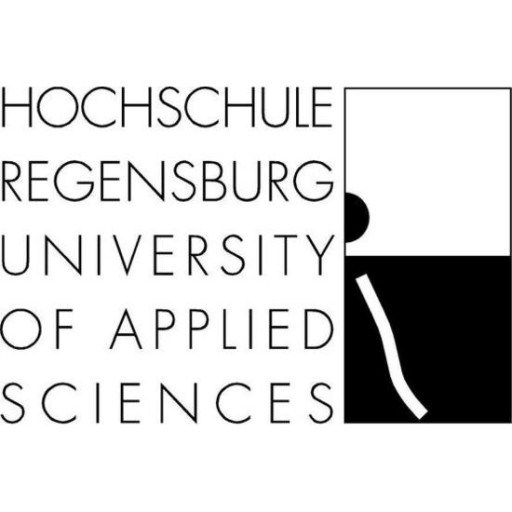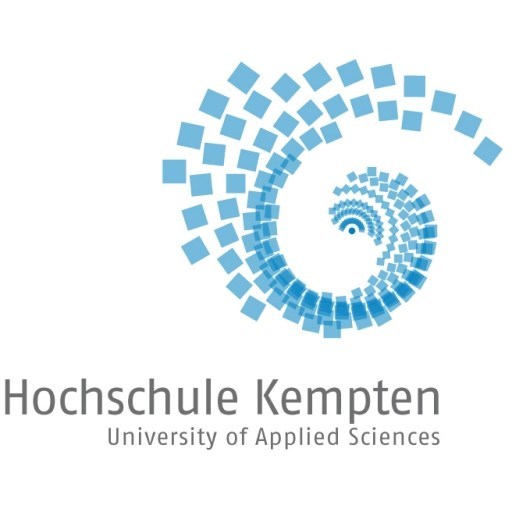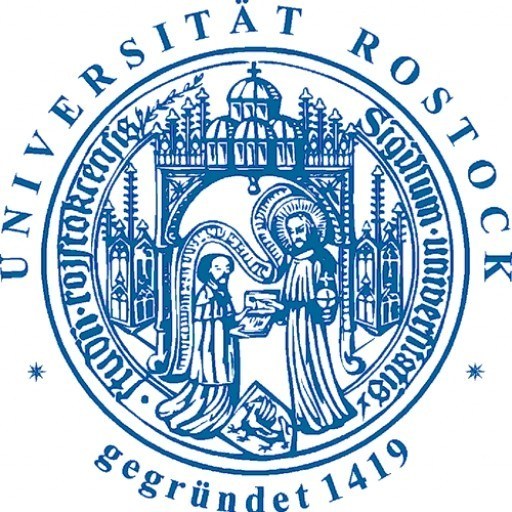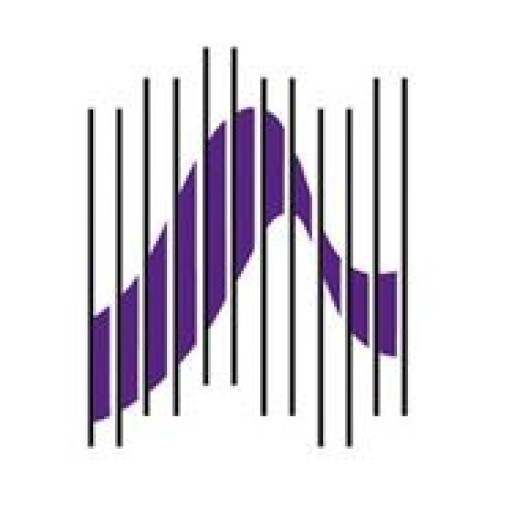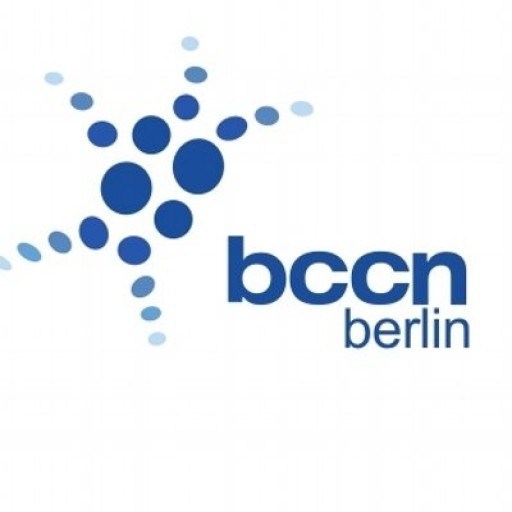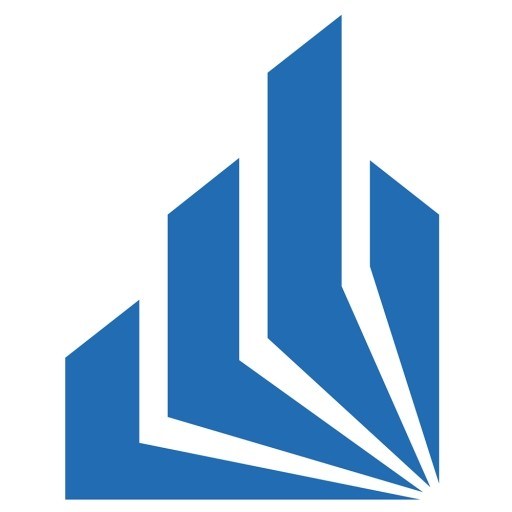Photos of university / #th_deggendorf
The Bachelor of Engineering in Electrical Engineering and Information Technology at Deggendorf Institute of Technology offers students a comprehensive education in the core principles and advanced technologies that drive modern electrical and information systems. This programme is designed to equip students with a solid foundation in electrical engineering, including circuit design, power systems, control technology, and digital signal processing, alongside a deep understanding of information technology topics such as computer networks, embedded systems, cybersecurity, and software development. The curriculum emphasizes a practical, hands-on approach through laboratory work, project-based learning, and internships, enabling students to apply theoretical knowledge to real-world challenges.
Throughout the programme, students develop critical skills in problem-solving, system analysis, and innovative design, preparing them for diverse careers in industries such as renewable energy, automation, telecommunications, and electronics manufacturing. The programme also fosters interdisciplinary understanding, integrating hardware and software perspectives, which is essential in today’s interconnected technological landscape. Students have access to state-of-the-art laboratories and modern equipment, supporting experiential learning and research activities.
The programme is structured to include foundational courses in mathematics, physics, and computer science, progressing into specialized modules in power systems, control engineering, digital electronics, information security, and wireless communication. In the later stages, students undertake project work and a bachelor thesis, allowing them to explore specific interests and collaborate with industry partners. The programme also encourages soft skills development such as teamwork, communication, and project management, which are vital for professional success.
Graduates of this programme are well-prepared for the rapidly evolving fields of electrical engineering and information technology, whether pursuing careers in industry, research, or continuing their education through master's programmes. With a focus on innovation, sustainability, and technological advancement, the Bachelor of Engineering in Electrical Engineering and Information Technology at Deggendorf Institute of Technology offers a robust pathway into tomorrow’s technology-driven world.
Educational organisation
The Master's programme in Electrical Engineering comprises three theoretical semesters and ends with the Master's thesis.For all courses, ECTS Credit Points (European Credit Transfer System) are awarded.
After they have successfully completed the programme and the Master's thesis, students will be awarded the academic degree Master of Science (MSc), which is documented with a report and a certificate. The MSc degree formally entitles students to enter PhD/Dr-Ing programmes.
The Master's programme is fully accredited by ASIIN (accreditation agency specialised in accrediting degree programmes from the fields of engineering, informatics/computer science, the natural sciences and mathematics: http://www.asiin.de).
The following modules are offered:
- Advanced Programming Techniques: lecture, summer semester, 5 ECTS
- Numerical Methods: lecture, summer semester, 5 ECTS
- Special Mathematical Methods: lecture, winter semester, 5 ECTS
- Three elective subjects: summer or winter semester, 15 ECTS
- Selected topics in Business Administration and Human Resource Management: lecture, seminar, exercises, summer semester, 5 ECTS
- Foreign language: lecture, summer semester, 5 ECTS
- Master's Module: Master's thesis (24 ECTS) and Master's seminar (2 ECTS)
Modules of the focus Electronic and Telecommunication Systems
- Selected topics in Micro and Nanoelectronics: lecture, winter semester, 5 ECTS
- Selected topics on Optoelectronics and Laser Techniques: lecture, theoretical and practical exercises, winter semester, 5 ECTS
- Modern RF and Radio Systems: lecture, winter semester, 5 ECTS
- Special Devices and Circuits: lecture, winter semester, 5 ECTS
- Signals and Systems in Communication Technology: lecture with additional exercises, winter semester, 5 ECTS
Modules of the focus Automation and Power Engineering
- Advanced Modelling and Simulation: lecture, winter semester, 5 ECTS
- Selected chapters of Control Engineering: lecture, winter semester, 5 ECTS
- Special topics of Contactless Sensor Systems: lecture, practical exercises, winter semester, 5 ECTS
- Automotive and Industrial Drive Systems: lecture, winter semester, 5 ECTS
- Renewable Energies (Generation and Distribution): lecture, winter semester, 5 ECTS
Forms of assessment
- Written and oral examinations, projects, presentations
- ECTS credit points as listed above
- Master's thesis accounting for 24 ECTS
Course objectives
The Master's programme in Electrical Engineering covers the following main areas:- augmenting a Bachelor's degree in terms of in-depth theoretical knowledge
- imparting special skills for creative work in research and development
- focusing likewise on scientific and practice-oriented methods necessary for high-tech areas
- opening up the way for subsequent PhD studies
- establishing a sound basis for scientific work
Language requirements
Applicants must provide proof of their German and English skills.English: TOEFL test or equivalent is required with at least 70% of the maximum score.
German: Basic level (A2)
Academic requirements
- A qualified Bachelor's degree in electrical engineering and/or information technology or a similar field with an overall mark of "good" or better is required for admission.
- assessment test
Enrolment fees
Enrolment fees are approx. 50 EUR per semester.Costs of living
Food and accommodation amount to approx. 600 EUR per month.Job opportunities
There are several opportunities for employment in and around Deggendorf.Funding opportunities within the university
Funding opportunities include scholarships for the acquisition of books and travel expenses, or full scholarships.Arrival support
Members of the students' club "Arbeitskreis International" (aki) and the International Office at the Deggendorf Institute of Technology assist international students and support them prior to their arrival.Services and support for international students
Members of the students' club "Arbeitskreis International" (aki) and the International Office of the Deggendorf Institute of Technology support international students.Accommodation
Several dormitories and many apartments are available in Deggendorf.Please see: http://www.deggendorfer-studentenviertel.de
The International Office of the Deggendorf Institute of Technology supports all international students in finding accommodation.
